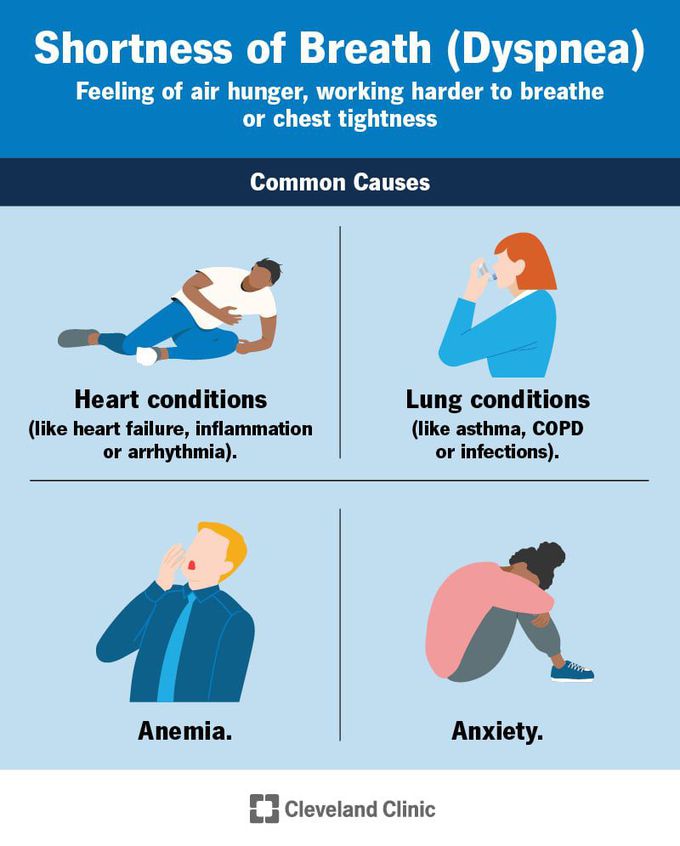


Proxysmal nocturnal dyspnea causes
There is a lack of consensus over the term “paroxysmal nocturnal dyspnea.” Some medical professionals use it to refer exclusively to a symptom of heart failure. In other cases, it’s used to describe nighttime shortness of breath caused by other medical conditions, some of which are benign. Some of the most common causes of nighttime shortness of breath are described below. Heart failure Heart failure, also known as congestive heart failure, occurs when the heart muscle struggles to adequately pump blood throughout the body. It can lead to fluid buildup in the lungs (pulmonary edema) and around the lungs, which can make it difficult to breathe. Many people with heart failure also experience difficulty breathing when exerting themselves or laying down. Respiratory conditions PND can also be related to lung and respiratory system function. Respiratory conditions that can cause or lead to PND include: asthma COPD postnasal drip pulmonary edema sleep apnea pulmonary artery embolism restrictive lung disease Other medical conditions PND can also be related to a variety of other conditions. Some of these include: stomach acid reflux kidney failure anxiety or panic attacks PND is serious. You should see a doctor to determine what’s causing your nighttime shortness of breath.
I’ve been living with COPD for quite some time, and for years, I struggled to find lasting relief. While conventional medications provided temporary help, the symptoms always returned and often got worse.Out of a mix of hope and hesitation, I decided to try an herbal treatment program from NaturePath Herbal Clinic. I’ll admit, I was skeptical at first. But around the fourth month, I began to notice real, steady progress:My breathing became easier the tightness in my chest lessened my energy levels slowly started to return It wasn’t an overnight transformation, but it was consistent and truly life changing. For the first time in years, I feel more in control of my health. I can breathe more freely, sleep more peacefully, and enjoy daily life without the constant fatigue and breathlessness I once accepted as normal.The improvements I’ve experienced physically, emotionally, and mentally have been nothing short of uplifting.If you’re exploring natural options for managing COPD, I wholeheartedly recommend NaturePath Herbal Clinic. Their approach has made a real difference in my life, and I’m genuinely grateful I gave it a chance.www.naturepathherbalclinic.com info@naturepathherbalclinic.com


